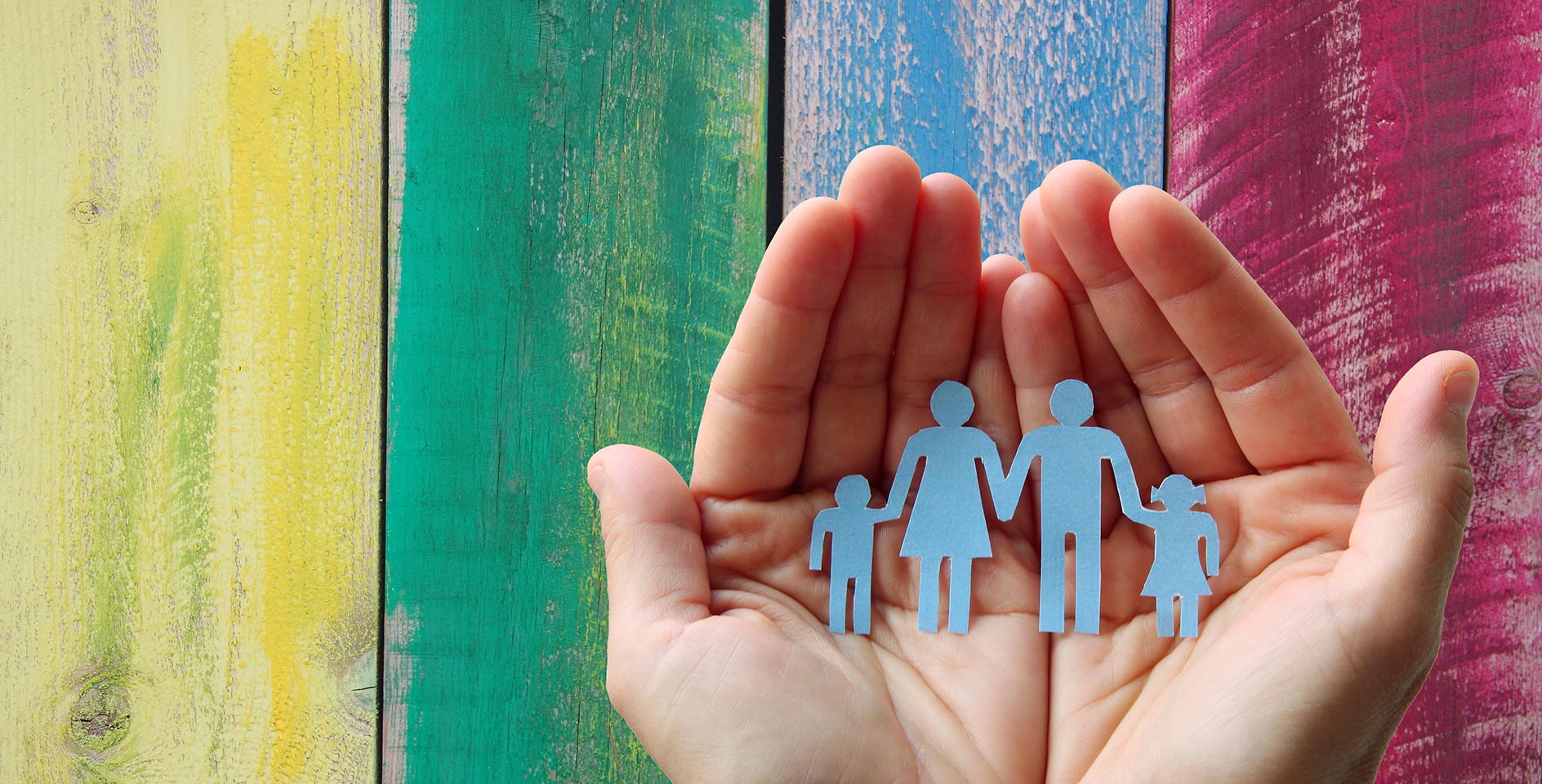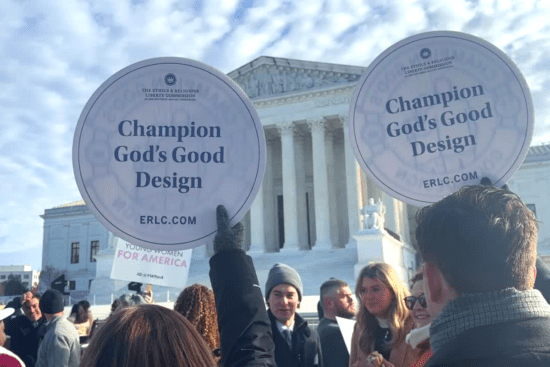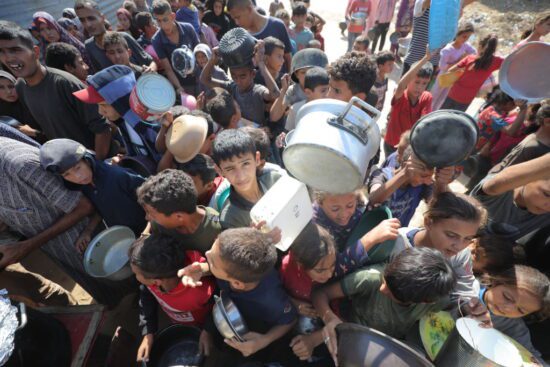Child welfare providers across the country, like those providing adoption and foster care services, are either closing their doors or facing lawsuits. Many who continue providing services are forced to shed their religious identity and convictions. Why? Several states have passed or introduced laws that threaten faith-based child welfare providers by revoking licenses, denying funding, or otherwise disqualifying them from contracting with the state unless they compromise their religious or moral convictions.
These laws are problematic for multiple reasons. Such laws infringe on the freedom of birth mothers by denying them the opportunity to place their child in a home that shares their own religious or moral convictions. The laws also deny faith-based organizations equal participation in the child welfare space. Practically speaking, the laws dramatically decrease the number of service providers available to cultivate “forever homes” for children and—therefore—reduce the state’s capacity to facilitate adoptions.
A quick review of the state level shows:
- Nine states have laws denying providers participation in child welfare services unless they are willing to place children with same-sex couples. These states are California, Maryland, Massachusetts, New Jersey, Nevada, New York, Oregon, Rhode Island, and Wisconsin.
- Nine other states presently have laws permitting faith-based and other providers to serve according to their religiously or morally informed conscience. Those states are Alabama, Kansas, Mississippi, Michigan, North Dakota, Oklahoma, South Dakota, Texas, and Virginia.
But state laws are not sufficient. A Catholic adoption agency in Texas is being sued because they declined to facilitate an adoption to a same-sex couple even though there are other agencies who would provide the service. Although Texas has a state law protecting its providers, providers are still vulnerable to a lawsuit if any of their funding comes from a federal grant. And in Michigan, the ACLU is suing the state over the its law designed to keep the child welfare community inclusive.
The vulnerabilities of child welfare providers across the country is a problem expansive enough to justify a federal solution. The ERLC supports the Child Welfare Provider Inclusion Act which would protect child welfare providers from discrimination by levying financial penalties against states that violate this act, as well as providing for legal right of action for service providers who have faced a violation of the act. The bill is sponsored by Mike Kelly (PA-3) in the House (H.R. 1881) and Michael Enzi (WY) in the Senate (S.811).
By protecting the rights of birth mothers and child welfare providers we can ensure that our communities are provided with enough quality adoption and foster capacity to help more children thrive in loving families. The Child Welfare Provider Inclusion Act would go a long way toward that end.
The state trends are troubling for Christians in particular because we understand adoption as a profound theological truth that translates into compassion in our neighborhoods. A resolution issued by the Southern Baptist Convention affirms:
In the gospel we have received the “Spirit of adoption” whereby we are no longer spiritual orphans but are now beloved children of God and joint heirs with Christ…
We pray what God is doing in creating an adoption culture in so many churches and families can point us to a gospel oneness that is determined not by “the flesh,” or race, or economics, or cultural sameness but by the Spirit, unity, and peace in Christ Jesus…
Adoption allows us the opportunity to put into practice that which we publicly proclaim, affirming the inherent value of all human life. By opening our families to adoption and foster children, we have the opportunity to show children and a watching world that their worth and dignity are as people created in the image of God.
The Child Welfare Provider Inclusion Act would maximize the networks of homes available to children by keeping adoption and foster care open to all birth parents and adoptive parents regardless of their faith convictions. Ask your representatives and senators to cosponor, respectively, H.R. 1881 and S. 811.
—
ERLC intern Zachary Smith assisted with this article.










